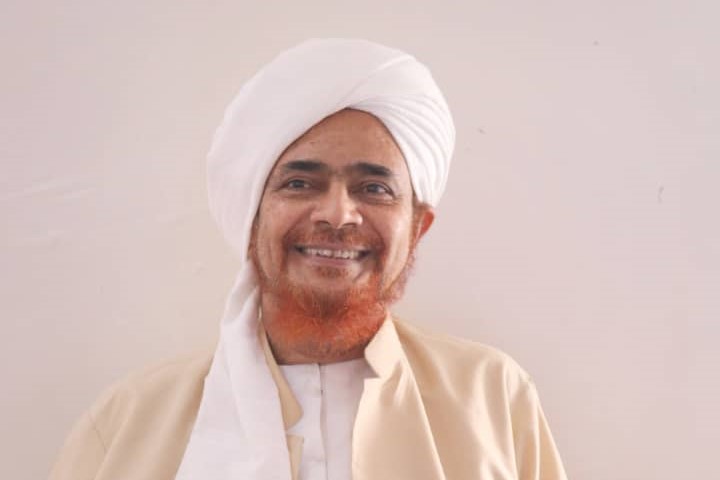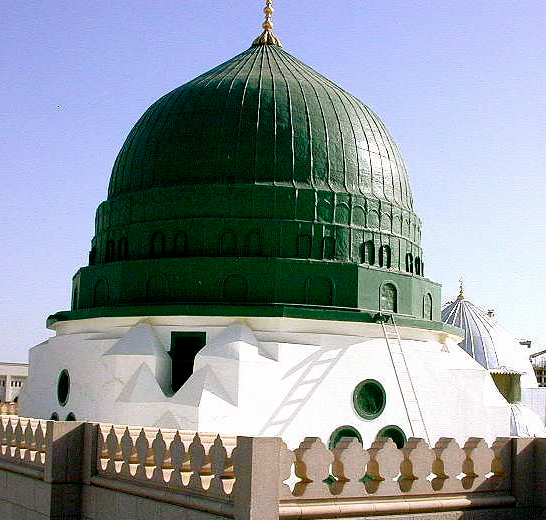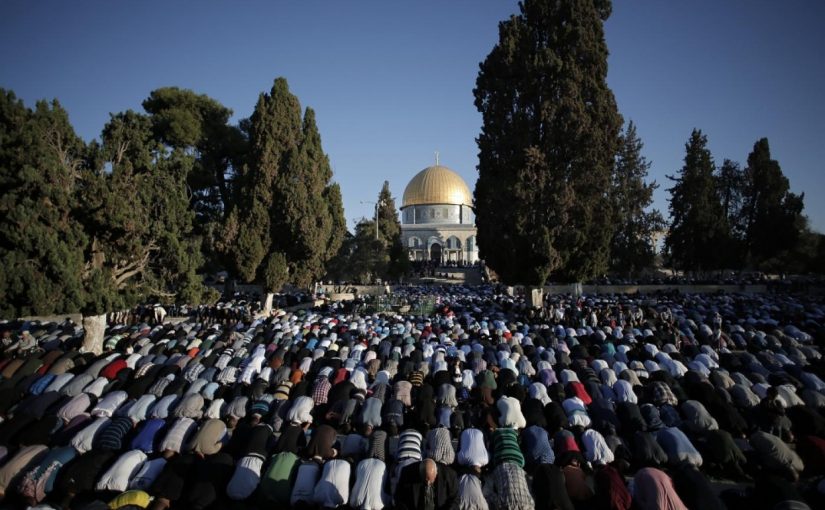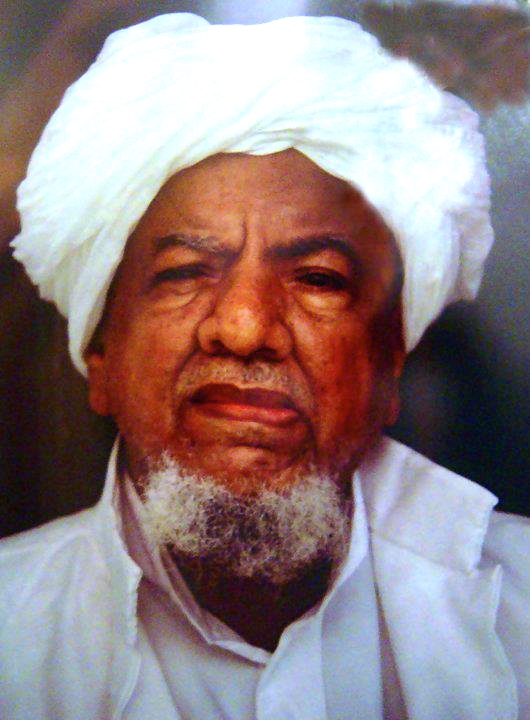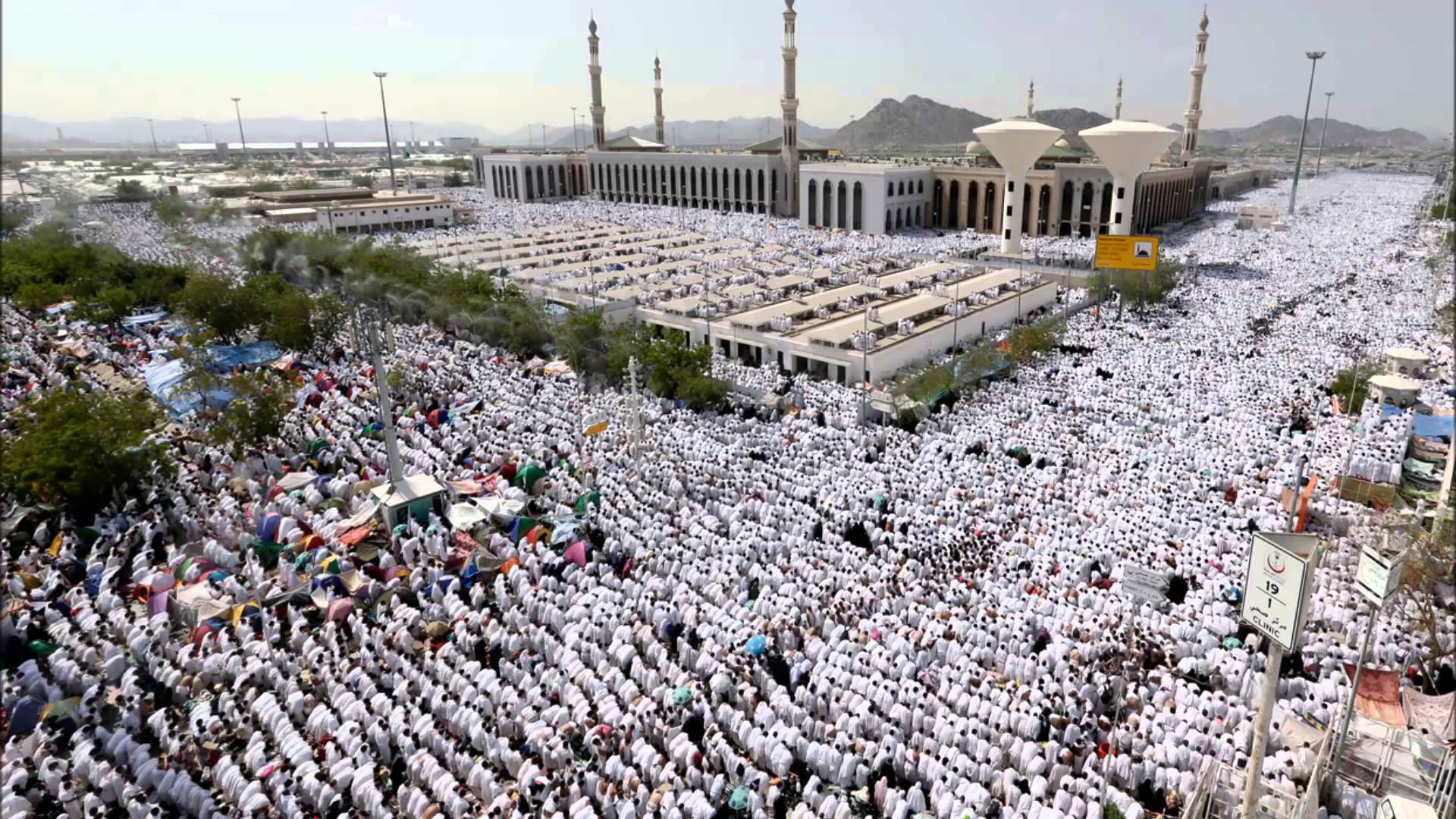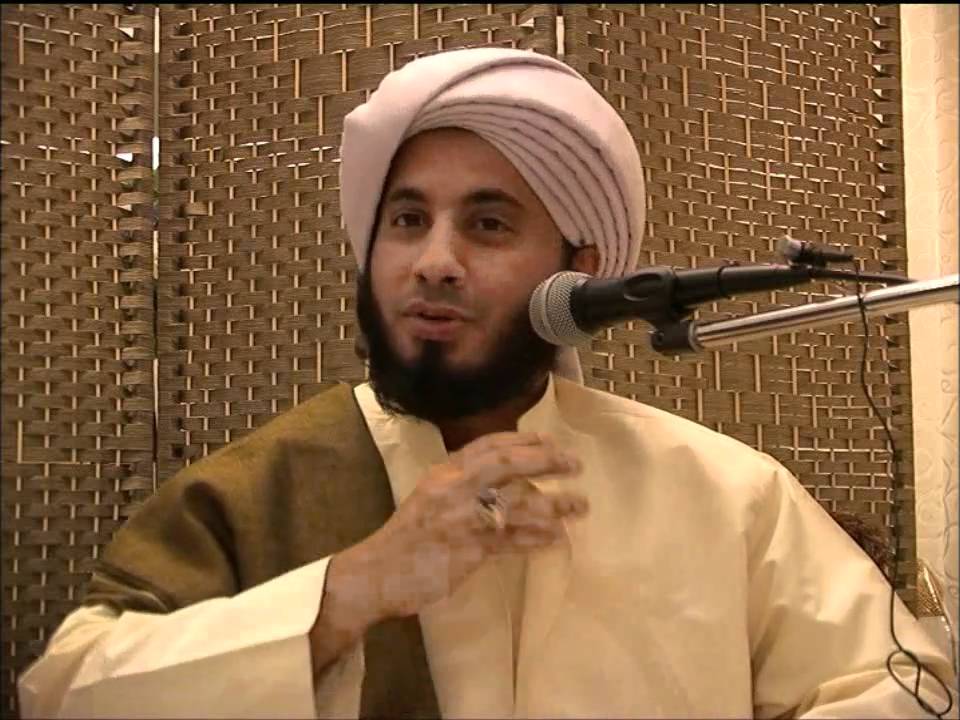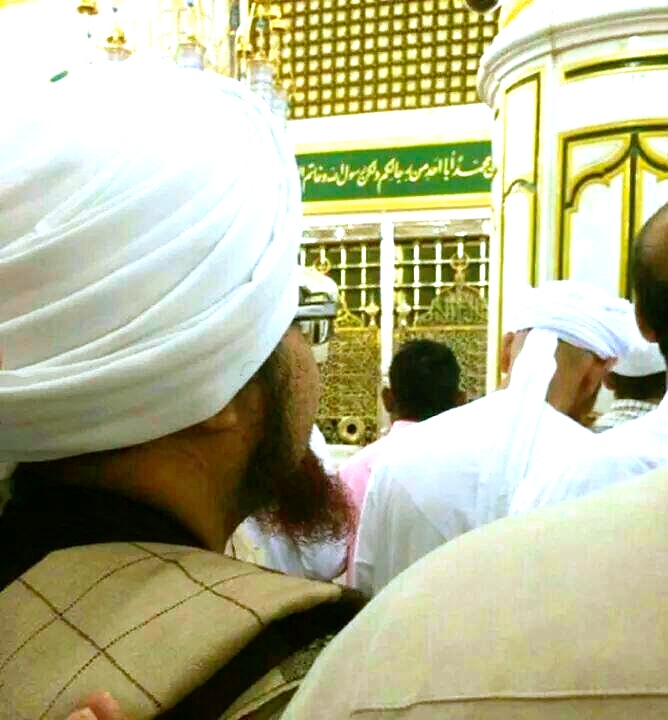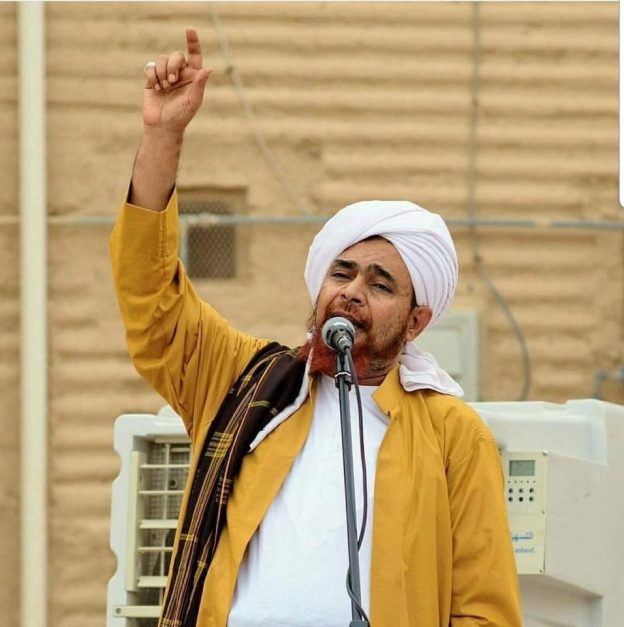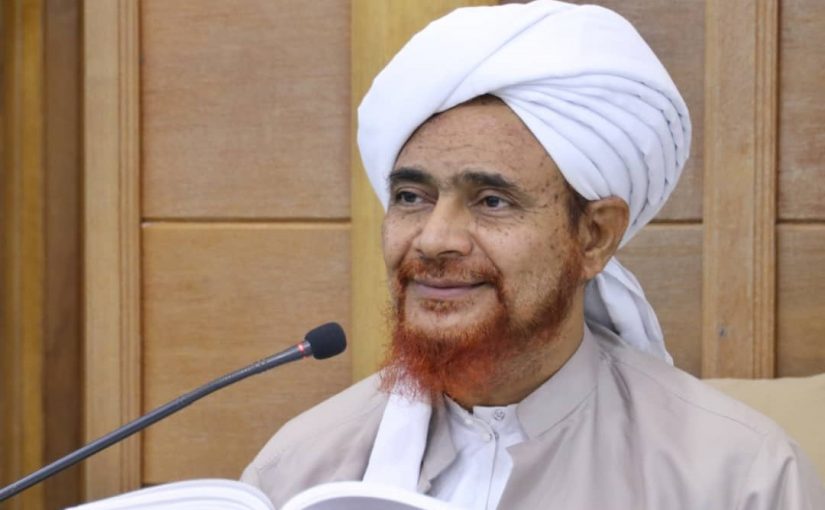Allah says: Truly Allah loves those who constantly repent and those who constantly seek to purify themselves [2:222].
Allah said to the purest of people ﷺ: Cleanse your garments [74:4].
Allah says: Only the purified ones may touch it [56:79]. Habib Ahmad bin Hasan al-‘Attas said that this principle applies to all things. Whoever wishes to obtain knowledge or certitude or proximity to Allah, say to him: Only the purified ones may touch it. Only when a person has purified himself is he ready to receive divine gifts. Likewise only when he has removed outward impurity is he ready to enter into Allah’s presence by performing the prayer. Continue reading Insights into Purification: Removing Impurities (Part One)

